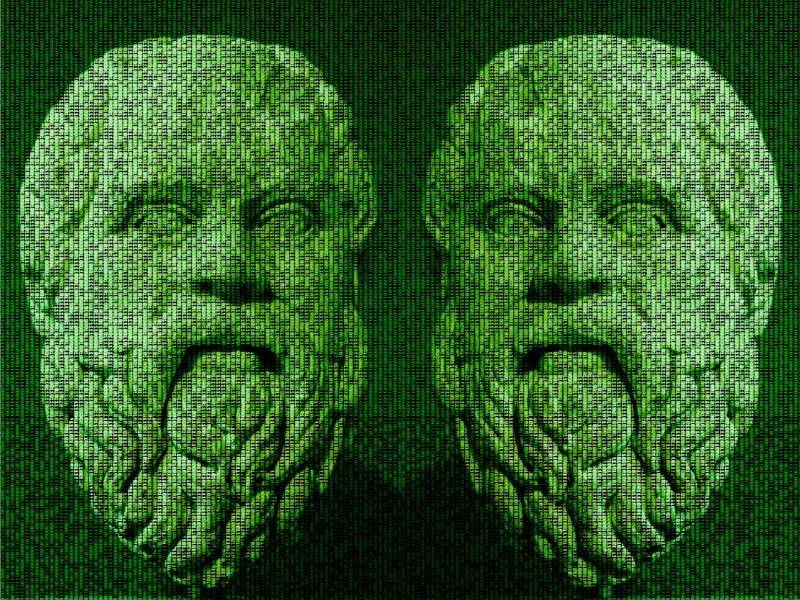Carnegie Mellon University announced on Wednesday that K&L Gates, an international law firm, gifted a cool $10 million “to study ethical issues posed by artificial intelligence.” CMU adds its name to the list of institutions dedicating resources to these new, untethered computational capabilities: A.I.s are already acting as independent agents, and as such must be programmed with rigorous ethical codes.
In the 1950s, CMU was one of three institutions that, together, pioneered and developed nascent A.I.s, so it’s well-situated to once again explore the emerging questions. “The funds will support new faculty chairs as well as three new Presidential Fellowships for doctoral students,” a CMU spokesperson tells Inverse. CMU will also hold a conference on A.I. ethics every other year. The funds will also support “the K&L Gates Presidential Scholarship Endowed Fund to recognize undergraduate students’ outstanding achievements and potential for further excellence,” the spokesperson said, along with “an annual K&L Gates Prize to be awarded to a graduating CMU senior.” For the sake of humanity, let’s hope these researchers can make some concrete progress.
Some examples help illustrate why A.I. is going to need to know right from wrong. An autonomous car may encounter a situation in which it must either kill its passengers or kill a family of pedestrians. An autonomous weapon system will make its own decisions about whether it ought to kill someone. A.I.-powered androids will need to decide whether they wish to yield to base human desires.
For now, the solutions to these quandaries are left largely up to the programmers themselves. Without scholars to study and reach conclusions on these impending issues, A.I. could flounder — or, you know, destroy humanity. CMU, along with a few other institutions — like the University of Oxford’s Future of Humanity Institute and the Future of Life Institute — are beginning to grapple with these exact questions.
“We are at a unique point in time where the technology is far ahead of society’s ability to restrain it,” Carnegie Mellon President Subra Suresh told the New York Times. “Carnegie Mellon resides at the intersection of many disciplines. It will take a synthesis of the best thinking of all of these disciplines for society to define the ethical constraints on the emerging A.I. technologies.”
